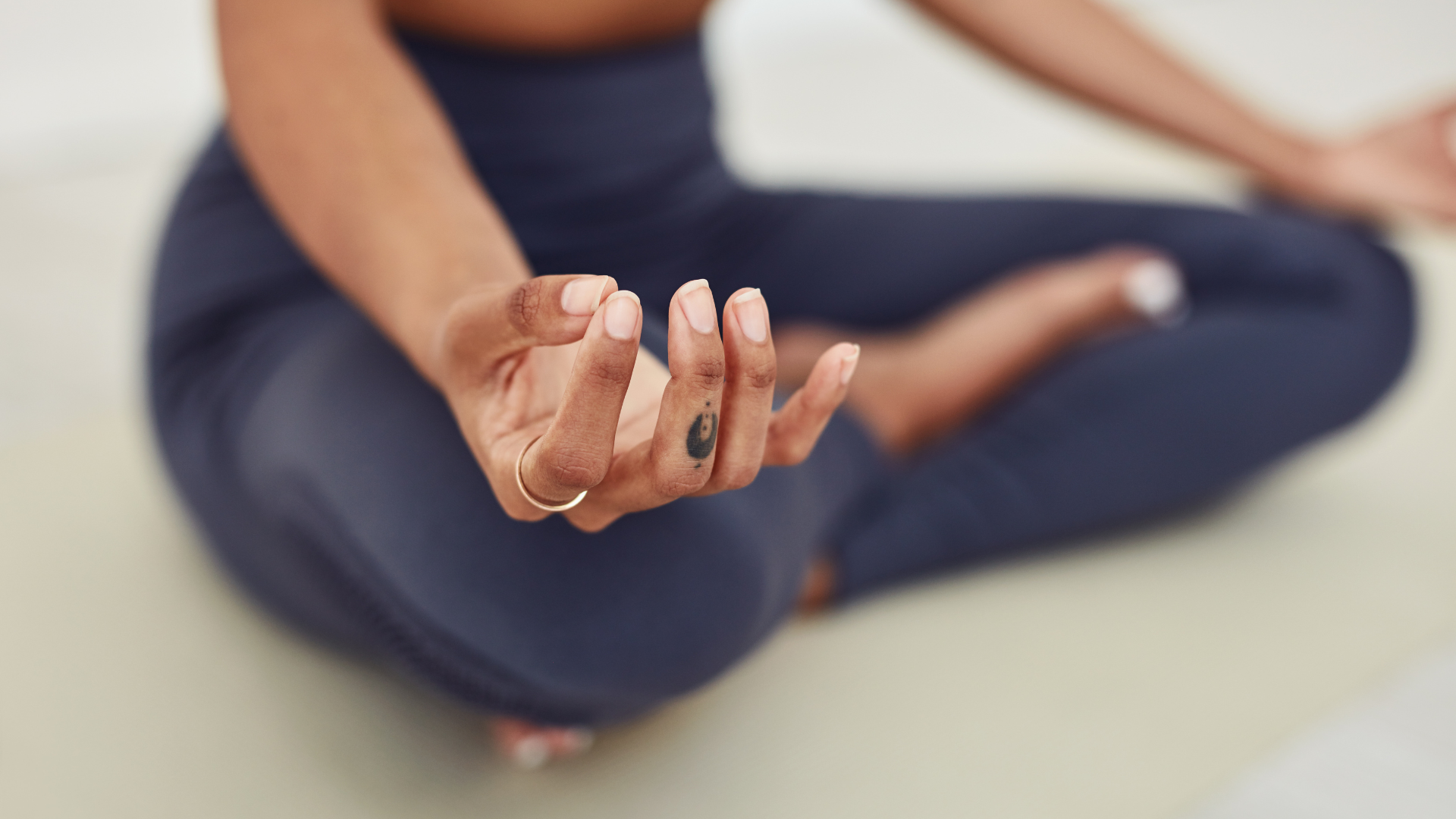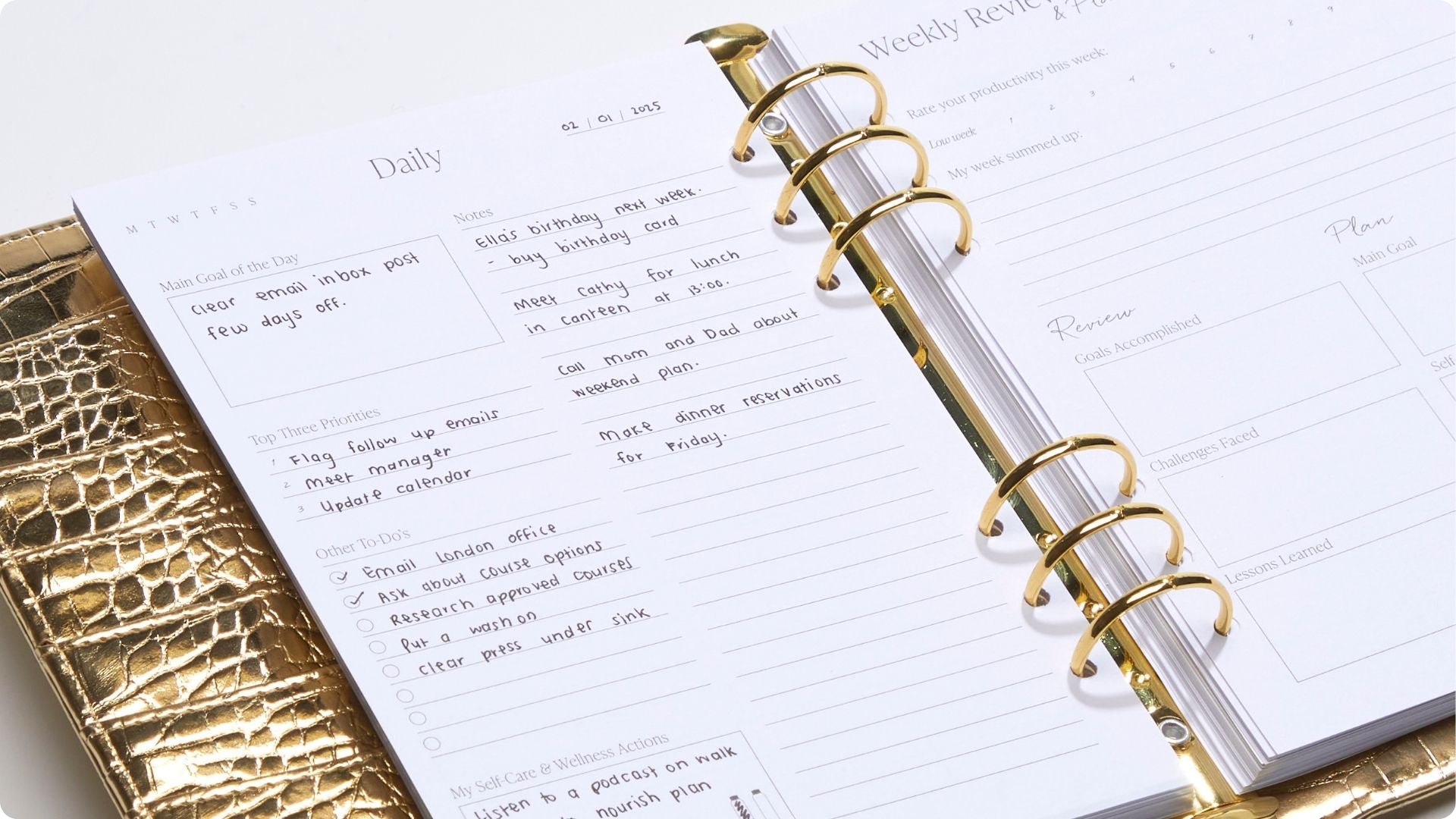
Balancing Digital Detox and Connectivity
In today’s world, digital devices connect us to family, work, and our broader communities. Social media, messaging apps, and news sources allow us to stay informed and feel close to others. Yet, too much screen time has also been linked to stress, anxiety, and fatigue, leaving us with a question: How can we balance the benefits of connectivity with the peace that comes from disconnecting? Let’s explore how we can help you create a healthy balance between digital connectivity and detox, all with The Head Plan tools to support you on this journey.
But, What is a Digital Detox?
A digital detox is the conscious decision to limit or step back from digital devices temporarily. This might mean putting your phone away for a few hours each day, taking one “digital sabbath” per week, or even going device-free for a weekend. The idea isn’t to abandon technology but rather to refresh your relationship with it. Studies show that regular breaks can reduce anxiety, improve focus, and enhance mental well-being.*
However, committing to a digital detox can feel overwhelming in our tech-heavy world. The Head Plan Journal offers a structured way to track habits and goals, which can be a helpful first step. You can use this journal to log your screen time, note moments when you feel “tech-stressed,” and celebrate small wins in your detox journey.
The Importance of Staying Connected
While a digital detox is valuable, staying connected also brings incredible benefits. From connecting with loved ones to learning new skills, the digital world is filled with opportunities for growth. Setting a balance between these worlds is what brings harmony. The goal is to cultivate meaningful, mindful digital experiences rather than simply reducing screen time.
One way to enhance the quality of your digital interactions is by defining your goals for using technology. The Head Plan Journal, again, can be a useful tool here, use your goals section to conceptualise your relationship with technology. Whether that’s engaging in positive communities, learning a new skill, or using tech for creativity, setting intentions helps you stay connected with purpose.
Creating a Balanced Approach
Achieving a healthy digital balance involves combining small, consistent habits and setting intentional boundaries. Here are some actionable strategies:
1. Set Clear Boundaries
Having defined boundaries around your screen time can help you manage digital fatigue. A good way to start is by setting daily limits for apps or time slots where you go screen-free, like during meals or an hour before bed. Use The Productivity Pad to list out specific, screen-free tasks for each day and schedule them. By focusing on achievable, offline goals, you can begin to create a structure that encourages screen breaks.
2. Practice Mindful Content Consumption
What you consume digitally affects your mental and emotional state, so being selective about it matters. Rather than scrolling aimlessly, consider choosing platforms or content that align with your personal goals and values. For instance, following inspiring thought leaders or creative accounts can enrich your experience online. At The Head Plan we use our Instagram to inspire, motivate and empower you daily, follow us @theheadplan. If you’re looking to improve this habit, The Gratitude Journal is an excellent tool for tracking and reflecting on your daily content choices.
3. Schedule Digital Breaks
Many find it helpful to designate one day each week as a “digital break”—a day when you avoid non-essential tech use. This allows you to reconnect with hobbies, nature, or quality time with loved ones. If going screen-free for an entire day seems daunting, start small with a few hours. Use The Blank Journal to record your thoughts and feelings during your digital sabbath and track its effects on your mood and energy levels.
4. Foster Purposeful Connection
Staying digitally connected doesn’t mean you have to be “online” constantly. Intentional connection is about focusing on meaningful interactions that add value to your life. For example, you might designate specific times for family calls or online classes, making these interactions intentional rather than reactive. The Head Plan Community App is ideal for this, as it helps you maintain meaningful connections with like-minded people, while getting inspired, motivated and empowered through our Wellness Wednesday articles, daily affirmations and exclusive offers.
Crafting Your Digital Wellness Plan
To bring it all together, consider creating a personal digital wellness plan. This plan can include daily habits, weekly routines, and monthly check-ins to ensure you’re maintaining the balance between online and offline worlds. Here’s a simple framework for starting your own digital wellness plan:
- Define Your Goals: Write down what you hope to achieve with a balanced approach—less stress, more focus, and time for hobbies.
- Identify Tech-Free Moments: List moments in your day where you can easily be offline. For example, mornings, meals, and evenings can be a good start.
- Track Progress: Reflect on your journey periodically. Use the The Head Plan Journal or The Productivity Pad to track progress and make adjustments as needed.
- Celebrate Small Wins: Digital detoxing isn’t about perfection but progress. Acknowledge each step toward better balance and note how it positively affects your well-being.
Balancing digital detox and connectivity is about cultivating a relationship with technology that serves and uplifts you. Small, intentional actions can create a lasting, meaningful impact on your well-being. With tools like The Head Plan Journal, The Productivity Pad, The Gratitude Journal and The Vision Board & Goal-Setting Masterclass, you’ll have support every step of the way as you work toward a healthier, more intentional digital life. Remember, it’s not about choosing between being online or offline—it’s about building a lifestyle where both enhance your sense of purpose and joy.![]()



